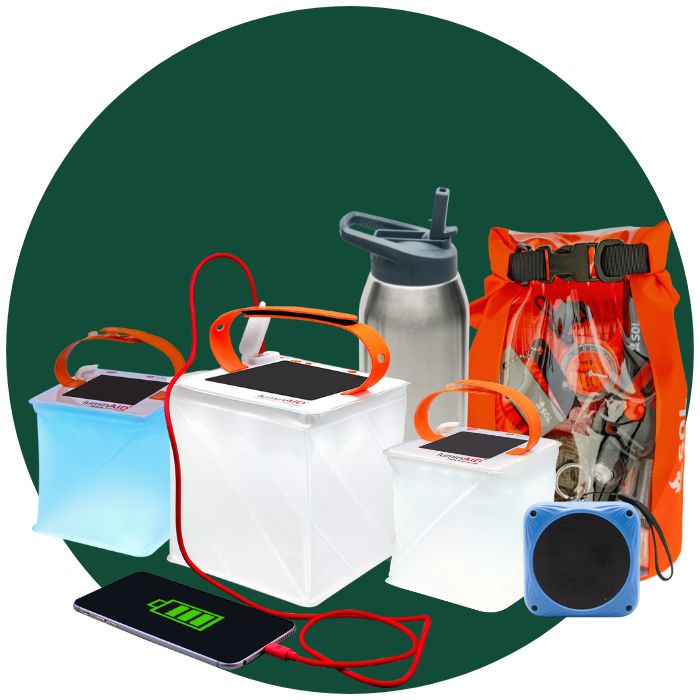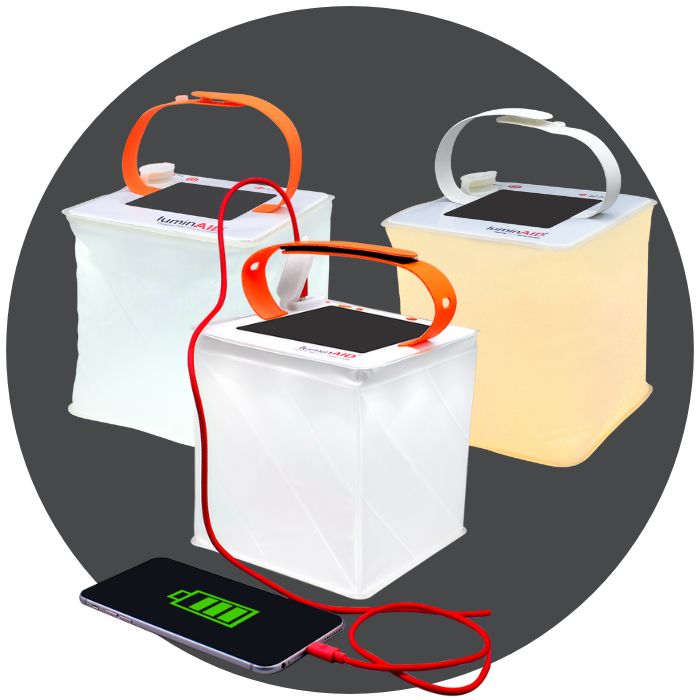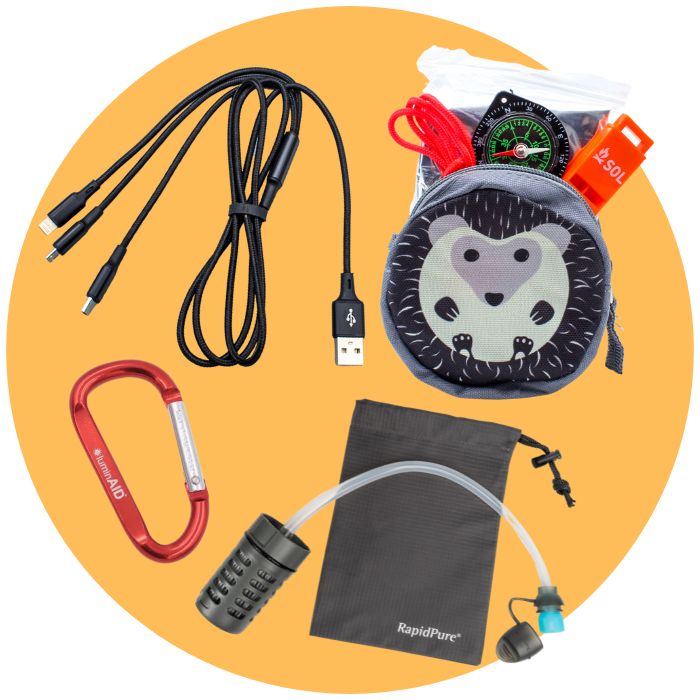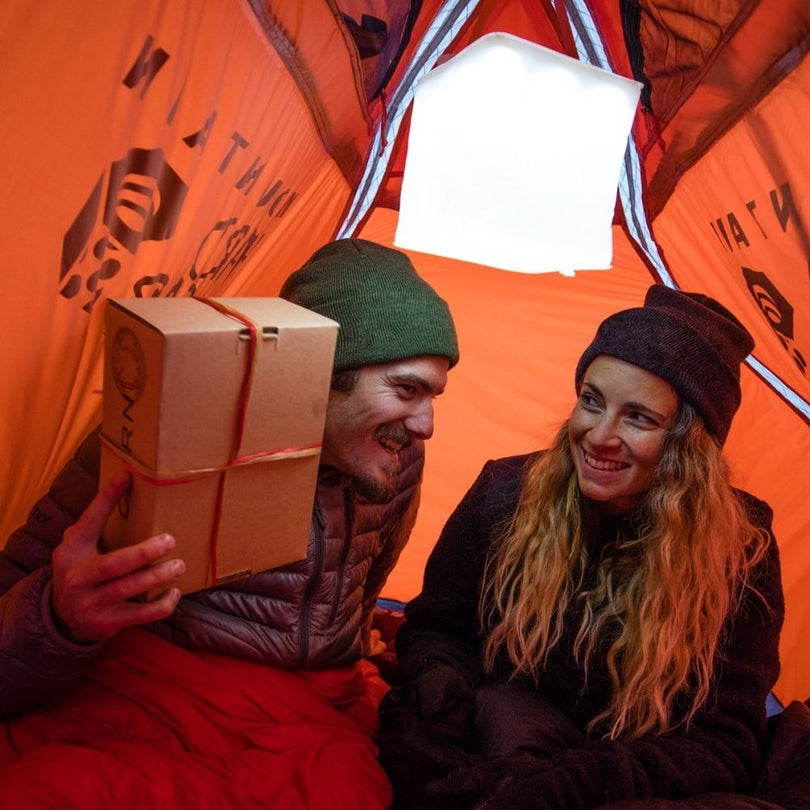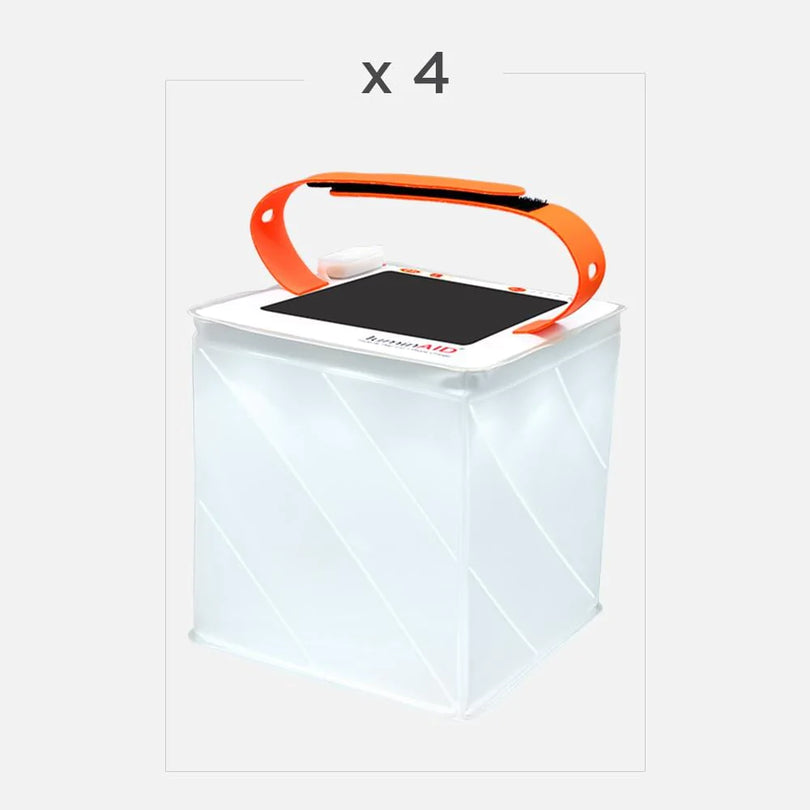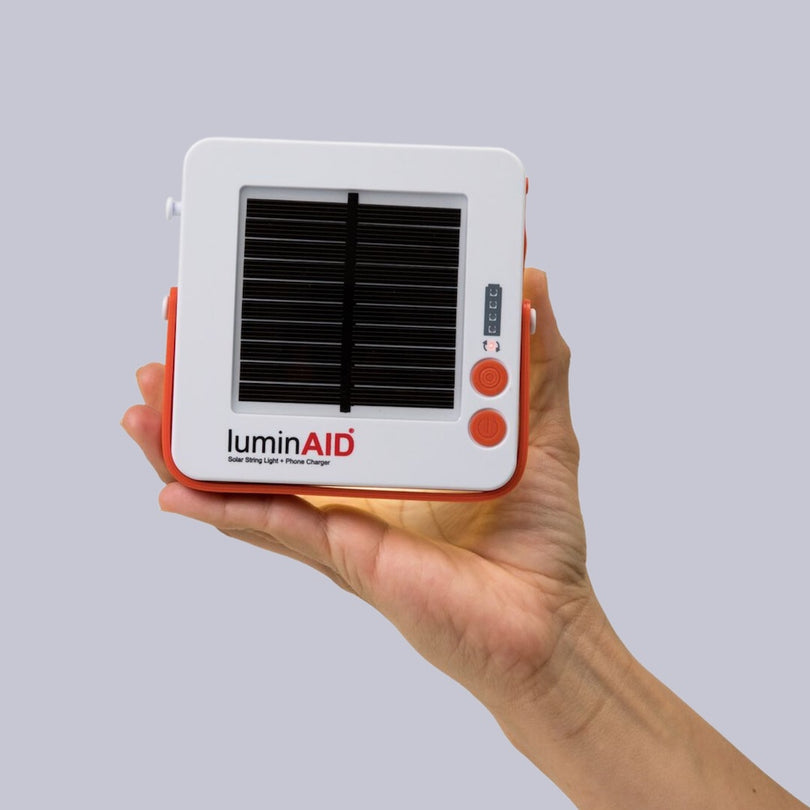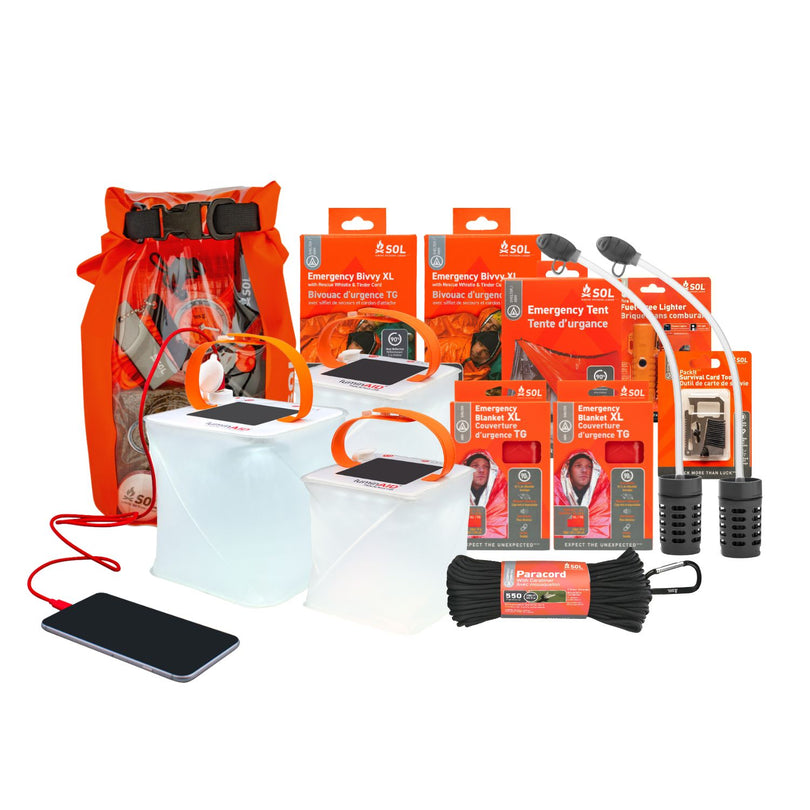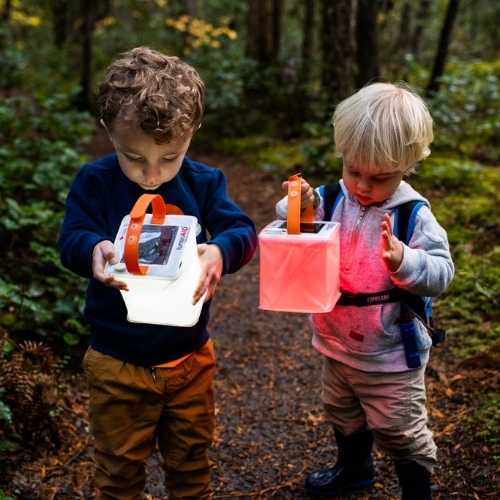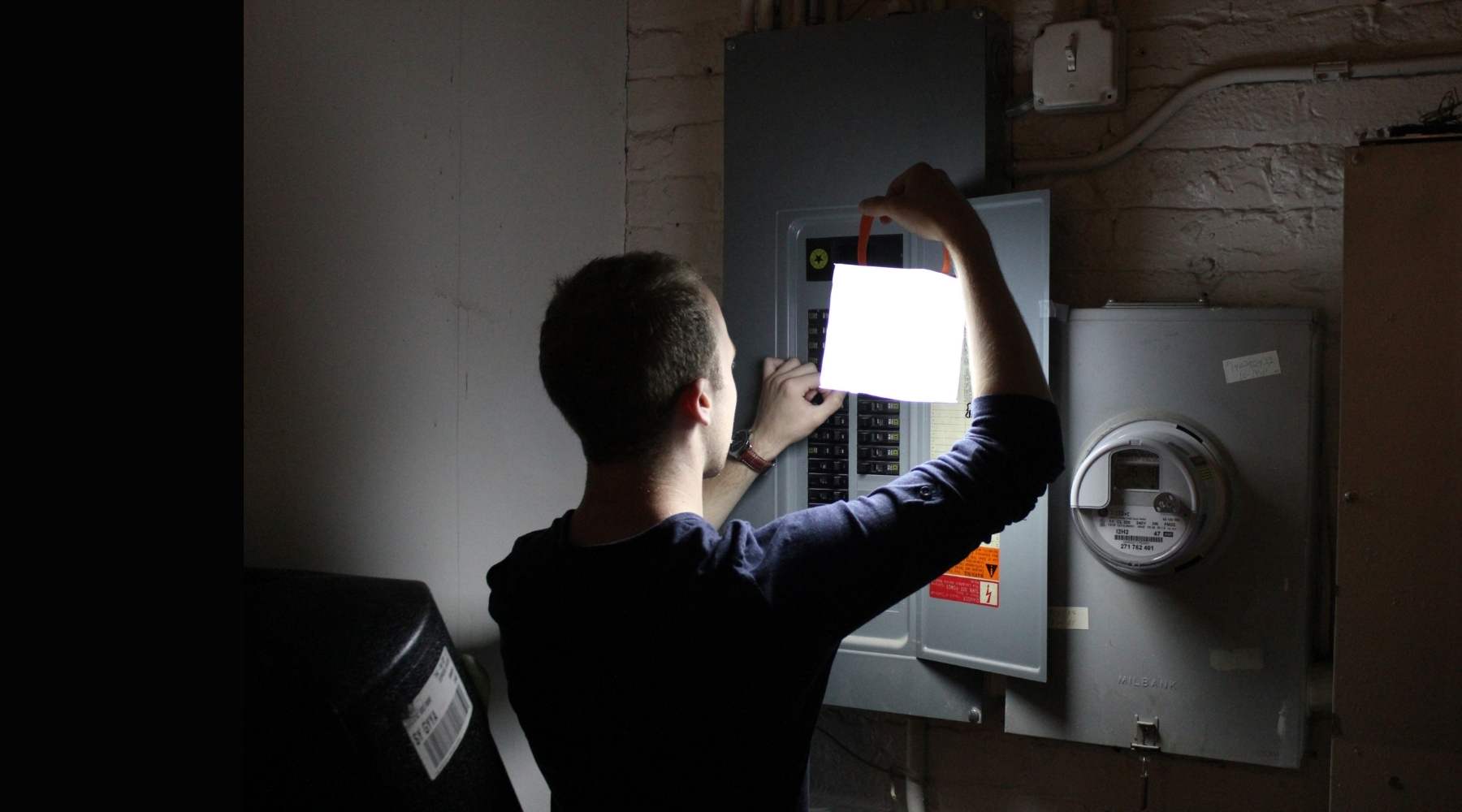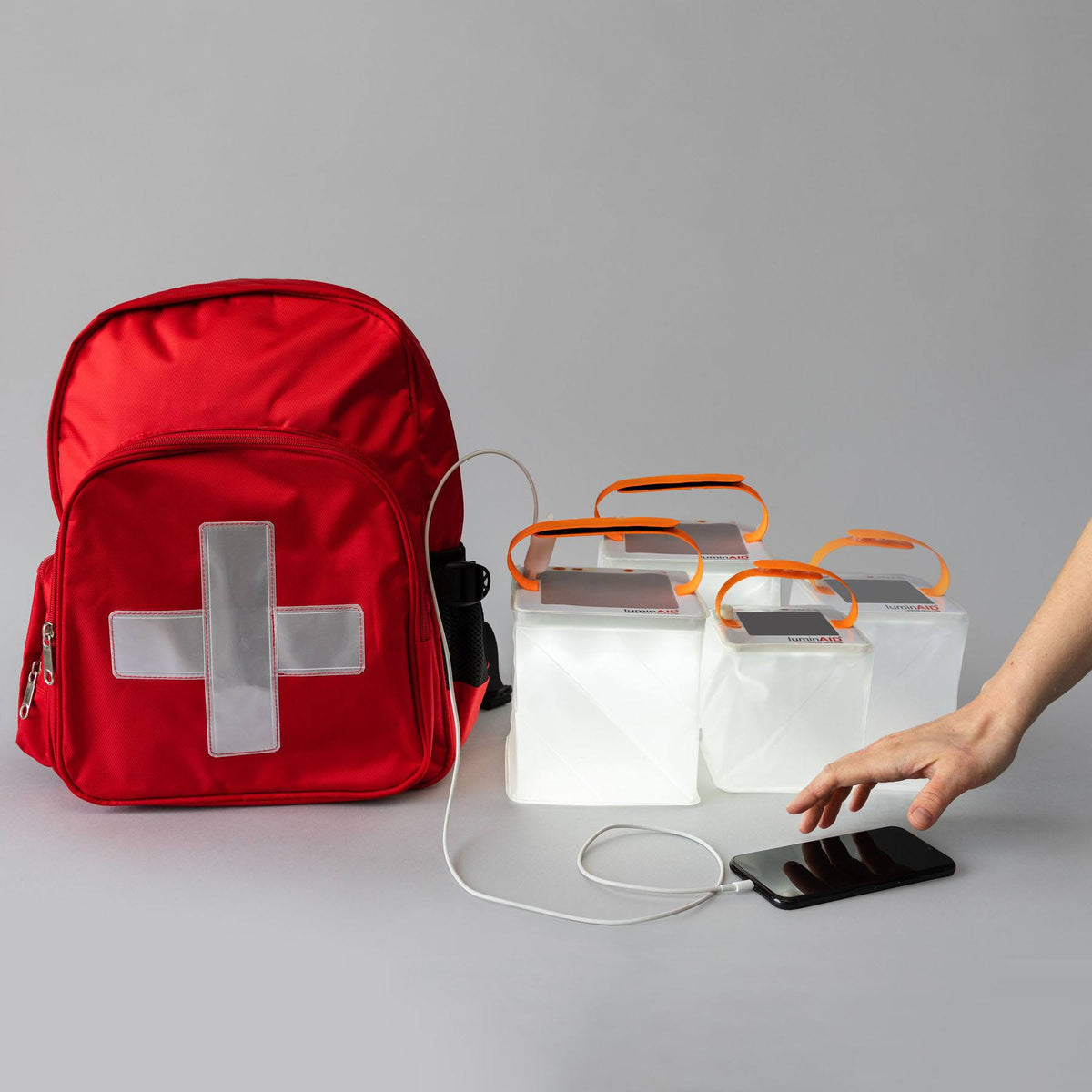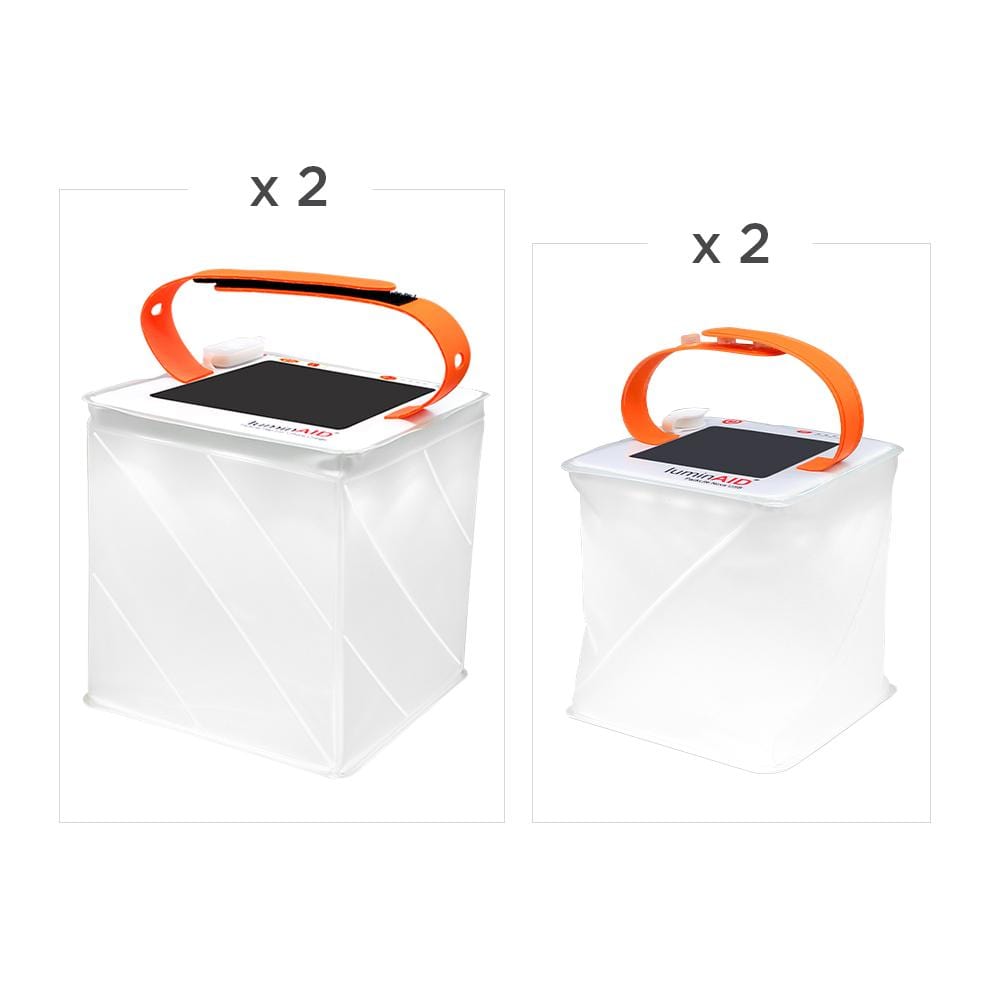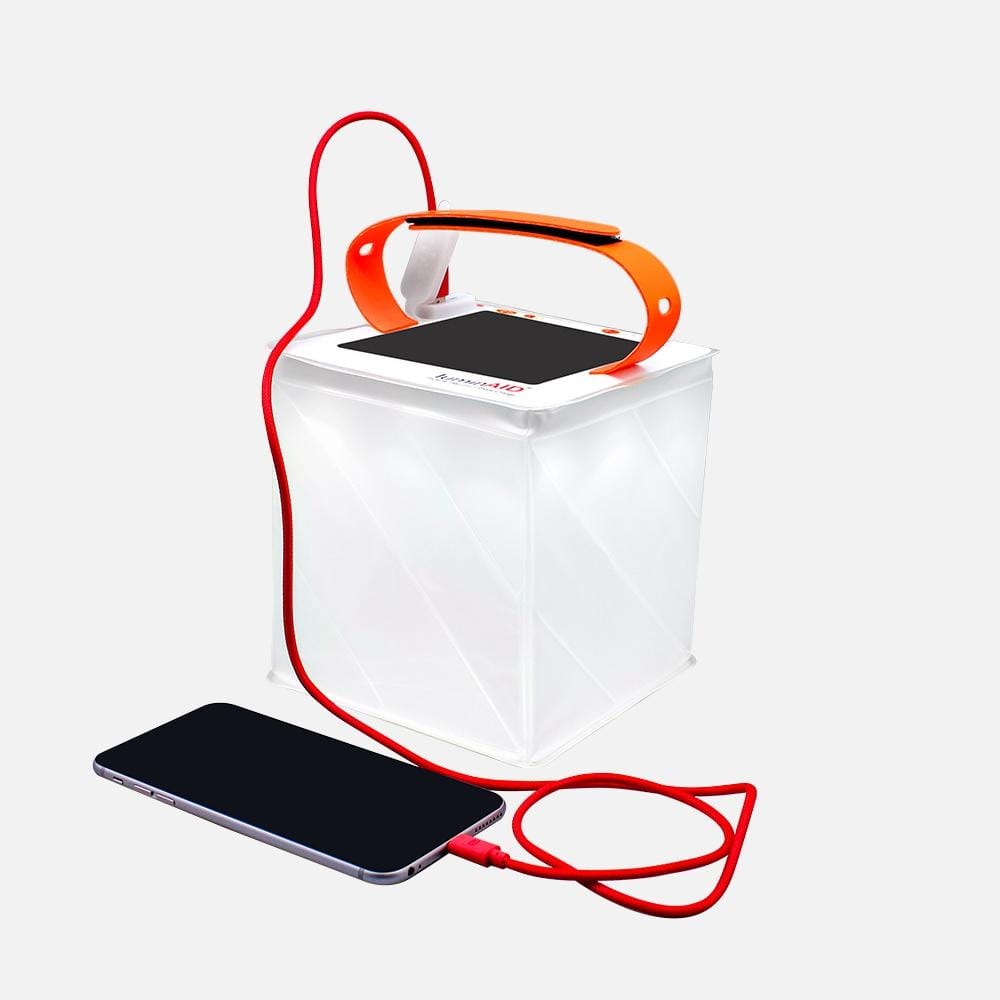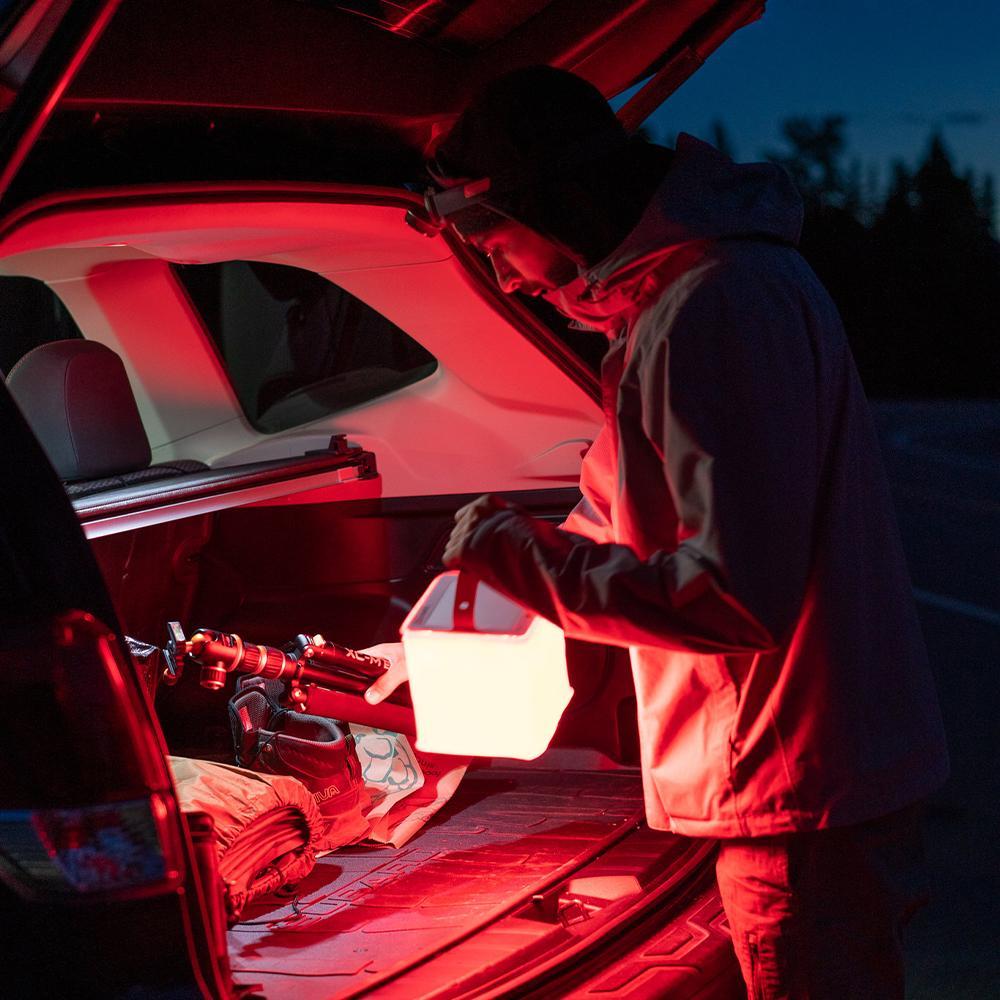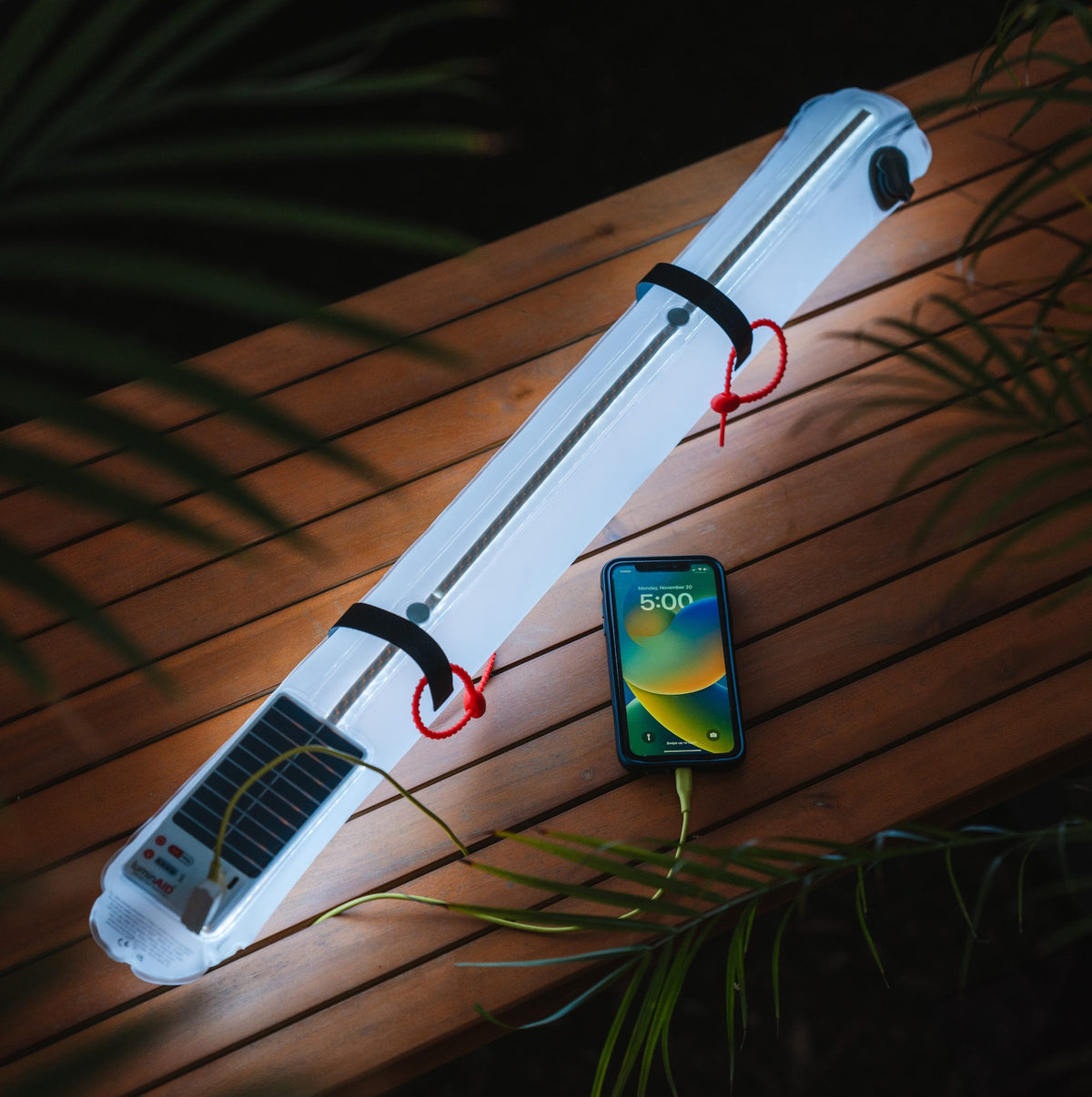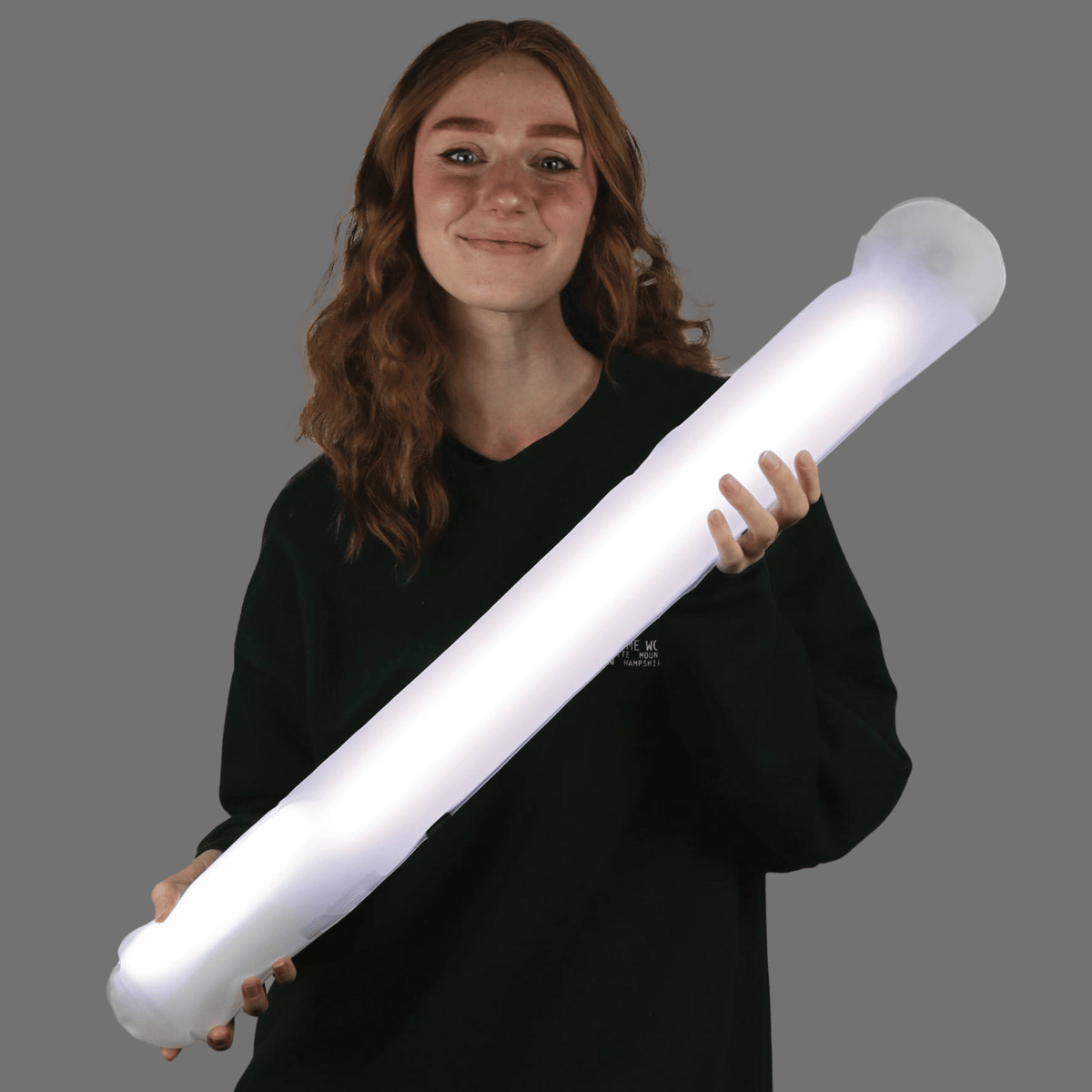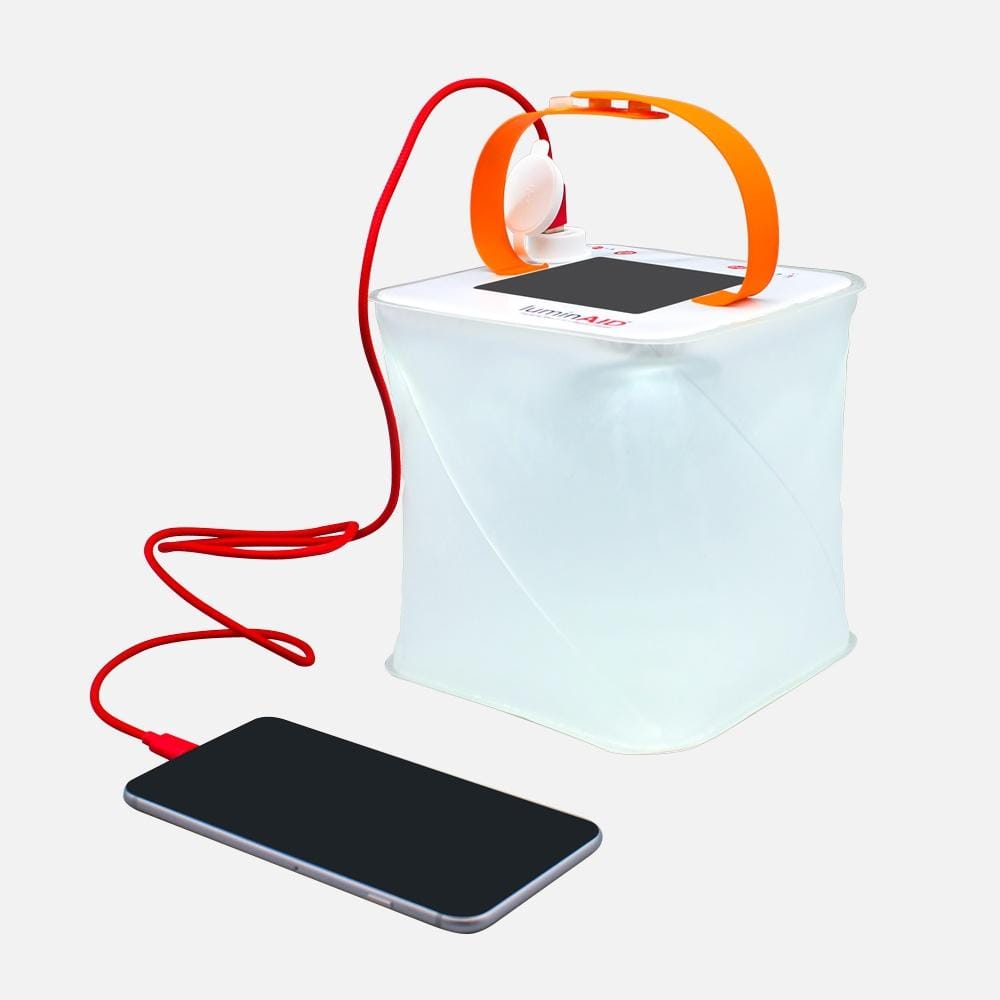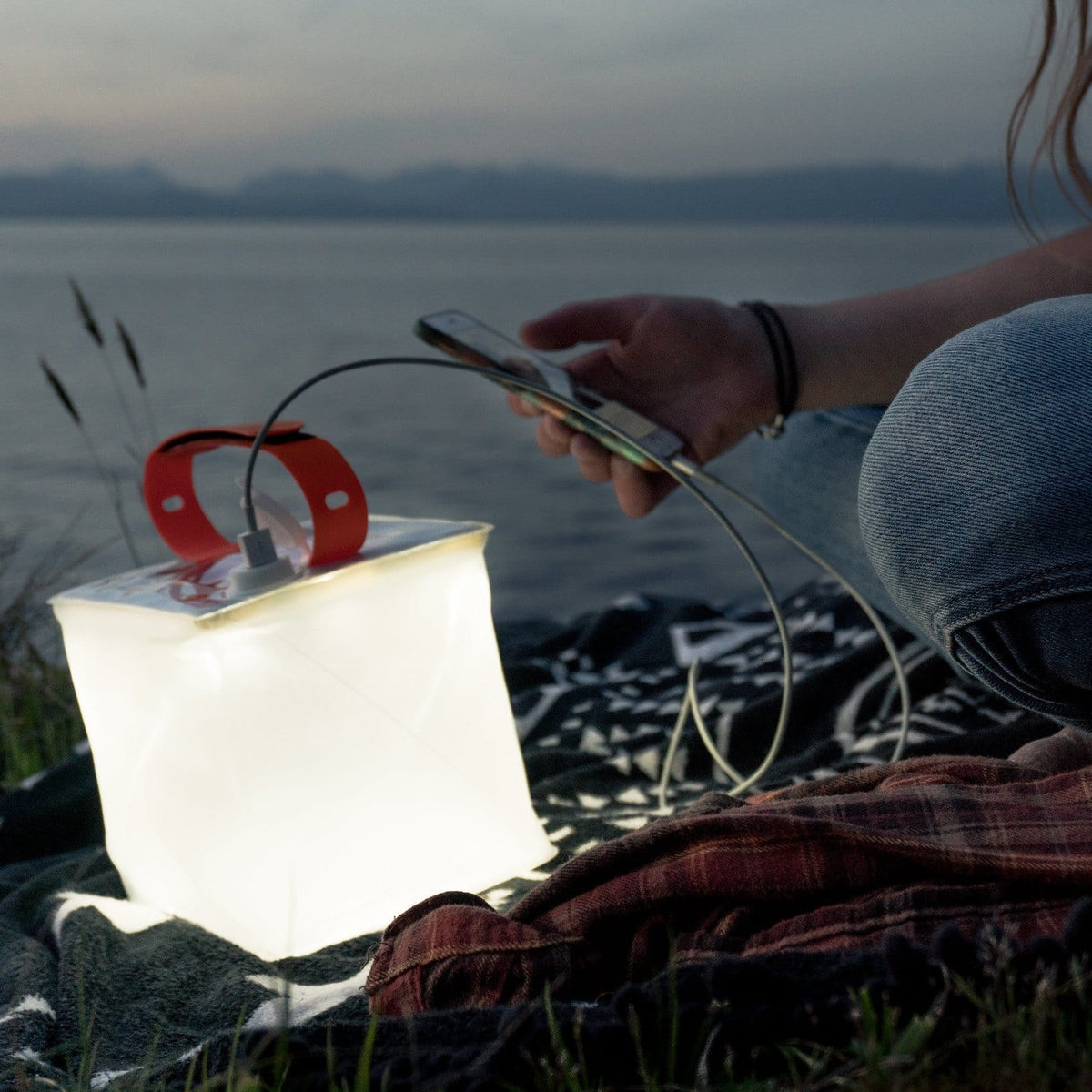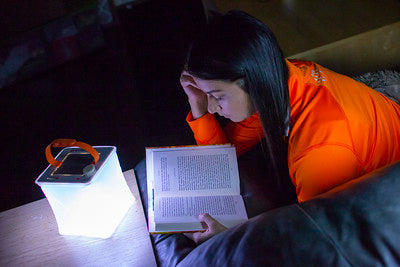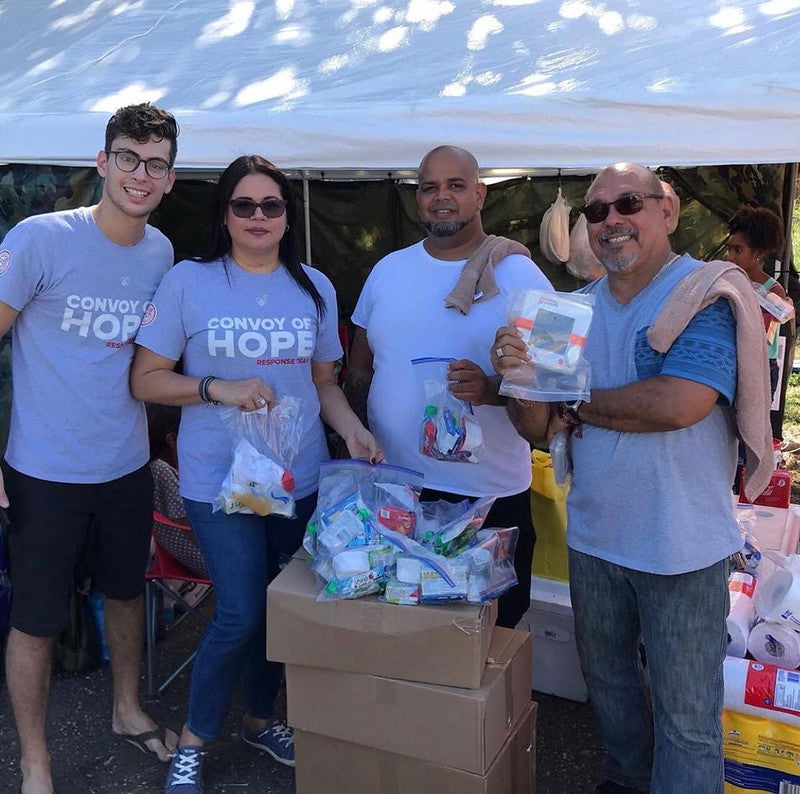Whether it’s winter storms or summer heat waves, power outages always take us off guard. Even if the electricity only goes out for a few minutes, this can be a scary time for kids. It’s always a good idea to keep your emergency plans updated, and we are here to help! We’ve come up with a list of seven ways you can help your kids feel safe when the lights go out. Consider adding these steps to your family emergency preparedness plan, and make power outages a little less stressful for everyone involved.

1. Practice Makes Perfect
If your area has frequent power outages, it can be helpful to practice what you will do if the power goes out, especially for smaller children. It’s important to first explain the situation of a power outage–this helps kids mentally prepare instead of being caught off guard. It’s also a great idea to include your child in any preparation work for power outages, as this familiarizes them with tools to use and protocols to follow when electricity is lost.
Next, practice: treat it like an emergency drill that kids would have at school. Turn the lights out and make sure everybody knows where to find the backup lights, how to secure appliances and entrances in your home, how to contact adults if they are not at home, the location of a designated family meeting place, and how to follow any other special instructions. It’s important that your children know emergency phone numbers and addresses, such as 911, your own, and those of family or a close friend. Try turning the memorization process into a game or quiz–this makes it seem more fun and helps kids learn faster. Running through a power outage scenario will make kids more comfortable with any protocols they must follow in the event of power loss.
2. Go Backyard Camping
Set up camp in your yard (or the back of your car) to give your child a fun experience in an environment without electricity. Be sure to make your backyard adventure complete with all the camping essentials, plus some outdoor games. If you have a grill or fire pit, make s’mores! If not, you can create a comforting campfire effect with the PackLite Firefly USB. The warm-tone LED lights have a flickering setting and a shimmering exterior, perfect to create a more natural light. Gather around and sing campfire songs, tell scary stories, and enjoy the outdoors. Positive experiences without electricity will help your child associate power outages with fun times rather than discomfort.

3. Make Shadow Puppets
This is super easy, instant entertainment. Darkness enhances the effect of shadow puppets, so if the power outage is at night, this is a great way to pass the time before bed. There are many easy shadow puppet tricks that take only a minute to learn. If you want something more elaborate, you can also cut out designs from paper–this turns the activity into a craft project as well!
To achieve the shadow puppet effect, shine a colorful PackLite Spectra USB against a plain wall and let the story begin.
4. Keep Solar Lanterns Charged and Ready
It's critical to have a reliable power source in the event of an emergency, and to know what to look for when adding one to your list. LuminAID’s Solar Lanterns are a great addition to any emergency preparedness kit–once charged, they can be stored for up to two years, though we recommend you pull them out to charge every six months when you check your emergency supplies.
If you’re worried about your phone losing charge, LuminAID’s Power Lanterns double as phone chargers. Just like the solar lanterns, they are bright, durable, lightweight, and recharge in the sun! Unlike flashlights, you don’t need to worry about batteries. Our lights all pack flat for convenient storage.

Portable radios are also an important tool during power loss. Emergency channels provide valuable information about large outages and give locations of shelters and aid. Many radios require batteries, so be sure to keep extras on hand, or opt for a hand crank radio.
5. Check for Hazards
Though the best thing kids can do during a power outage is have fun, it’s important that they are aware of hazards that outages pose. Talk to your children about fire risk and carbon monoxide poisoning and what they can do to prevent these things. Be sure they know to never leave candles or any other open flame unattended, and to never use portable generators, charcoal grills, or camp stoves inside.
If your child is old enough to understand, it’s important to teach them the basics of these safety measures. This prepares them to recognize hazardous situations during power outages and act accordingly. Plus, it helps them feel more prepared for power loss–they’ll have the tools to keep themselves safe, which increases their feeling of security and comfort.
Additionally, check your child’s room for any possible causes of carbon monoxide poisoning, and remove any you find. Unvented space heaters are a very common cause of household carbon monoxide poisoning. Be sure to use a carbon monoxide detector when checking each room, and if you can, place one near or inside your kid’s room. Carbon monoxide poisoning is extremely serious and must be treated immediately. Make sure you learn to recognize the symptoms–it could save a life.
6. Layer Them Up
If the power outage happens during winter, one of the first things you should do is give your kids warm clothes and blankets. Children have smaller bodies, which means they get hypothermia faster than adults. If your house becomes very cold when there is no heat, be sure your kids are bundled up. Hats, gloves, and socks are especially important, as they stop heat from escaping the head and extremities.

Be sure you know the signs of hypothermia and how to prevent them, or treat them if necessary. Additionally, take measures to seal the warmth inside your house as best as possible. Secure all windows and doors–never open them unless absolutely necessary. Block all cracks that let in cold air. This can be done with towels, extra clothes, tarps, or plastic wrap.
7. Keep Them Busy
The easiest way to make your child feel safe and comfortable during a power outage is by making it fun. Reframe the outage as a time when kids can have entertainment that doesn’t require electricity–encourage them to read books, play board games, and do puzzles.
Make sure you always have a few non-digital forms of entertainment on hand. Periodic trips to your local library and garage sales are a great place to start. This will get your child excited about reading their next story or solving their next sudoku puzzle!
By keeping them busy, you’re helping them pass the time in a fun, constructive way. If your child is afraid of power outages, these activities serve as welcome distractions that focus their attention somewhere positive. Fun pastimes will help every child associate loss of power with an exciting, special time.
Summary
Power outages are common, so it’s important to prepare your child for a situation in which you don’t have electricity. Make sure they know important safety information, such as emergency phone numbers and addresses, as well as any necessary precautions you must take to secure your home.
After these safety measures, the most important thing you can do for your child is encourage them to have fun. Power outages can be scary for some kids, and confusing or boring for others–encourage them to have fun during an outage, and they’ll begin to associate power outages with a safe, enjoyable environment rather than one of uncertainty.
When you practice for power outages, always reinforce safety, but emphasize the enjoyable aspects of not having electricity. Instead of focusing on what your child doesn’t have access to, remind them of all the exciting activities they have to choose from. When your child is happy and comfortable during a power outage, the experience will be much more enjoyable and stress-free for the entire family.

